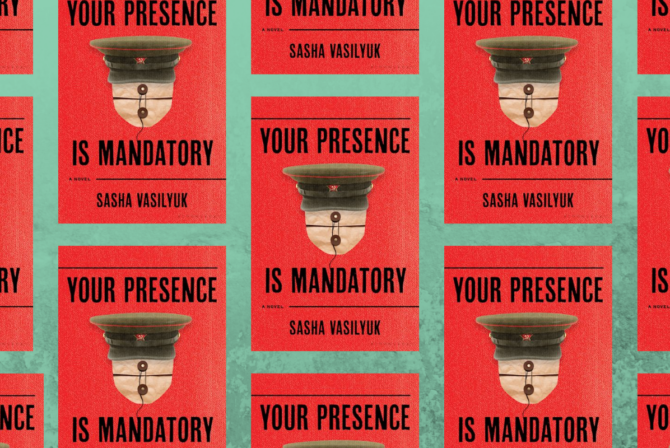No one wants to consider pregnancy and birth as “illnesses” and yet maternity leave is, for working women, the equivalent of prolonged sick leave. I have a problem with that. Although women do need to recuperate from birth, and need time to bond with their infants, I think that maternity leave penalizes those other workers who do not have babies during the time they are on the job. It gives new mothers a “perk” that others do not enjoy and forces co-workers to assume more of a burden by expecting them to do their own work, and that of their absent colleague.
And apparently, I’m not the only one who feels so. This Sunday (two days after I wrote this piece) the NY Times ran an article on this very same issue. “Parents are a special class, and they get special treatment,” the article quotes.
Please, Kveller readers, do not verbally lynch me. I am on your side. I realize I am expressing a very non-PC point of view, one at odds with current thinking and existing policy in many countries. But, truthfully, maternity leave just does not seem like equitable treatment in the work place. In the broader context of “work,” it does not seem fair, and may actually hurt women by making women of child-bearing age less attractive to employers because of the anticipated time off.
I am grateful that my daughters and daughter-in-law did have maternity leave. But I wonder what their colleagues thought and how resentful and put-upon they felt with an important member of their team missing for several weeks. And I wonder if there aren’t more creative solutions out there to keep mommy and baby together for some time after the birth while leveling the playing field in the office.
Some women work outside the home for financial reasons. Some women work to feel professionally fulfilled. Some women work to feel balanced and able to do their best mothering.
It is safe to say that just about all mothers adore their children no matter what they do with their time.
It is in society’s best interest to keep women in the workplace where they can contribute their talents and skills. It is also in society’s best interest to have sane, balanced, happy mothers who are better able to raise sane, happy kids. Happy moms are more likely to have happy children.
Women’s best procreative years are the same years they are climbing up the ladder at work. And the expenses involved in raising children make it more likely that moms will have to work for financial gain while they are also having, and raising, children.
Of course, this creates big challenges and dilemmas. If we assume that keeping moms in the workplace is in society’s best interest, as well as their own, how do we accommodate their special needs?
I have written before about the appalling lack of on-site daycare which, back in my day, was something we young women assumed would certainly be in place within one generation. Unfortunately, since the feminist movement of the 1970′s, which encouraged women’s full participation in the workplace, there still remains the problem of good, affordable child care, particularly one in which mother and child are not physically remote.
Trying to accommodate new mothers has been a challenge. Many companies do provide areas in which to pump breast milk, an alternative that, in my view, is a sad alternative to actually holding your baby to your breast. But, as I understand, many of these areas are in restrooms or other less than attractive and relaxing surroundings, increasing the anxiety of the new mother. New mothers do not need more anxiety.
At my stage, I see women (and men) who need time to care for older parents or for an ill spouse. They are forced to take vacation or personal time or, in some extreme cases, they may even have to leave their job (which can sometimes lead to impoverishment as older workers are less “employable” and less able to find another position). In a society in which people are living longer and getting sicker, a society in which not-yet-retired grandparents are often called upon to help out in a family emergency, a society in which women are struggling to balance work and motherhood, perhaps the answer to maternity leave in an equitable work place is to make the definition of “personal leave” broader, to include all the scenarios described above and more. And, perhaps, if one is not going to take advantage of the relief time to care for a new baby, a sick child, spouse, or parent, they could be compensated, rather than penalized, with a heavier work load caused by colleagues who cannot, for good reason, be at work.
There has not been an issue for your generation like the Viet Nam War, civil rights, and women’s liberation were for my generation, galvanizing people out of their apathy and taking them to the streets in protest. As I have suggested before on this blog, maybe child-care can be your “issue,” the cause for which you’ll march, strike, and rally.
I’ll join you. Heck, I’ll dig up my tie-dyed t-shirt and put some flowers in my hair. Maybe I’ll even burn my bra.







